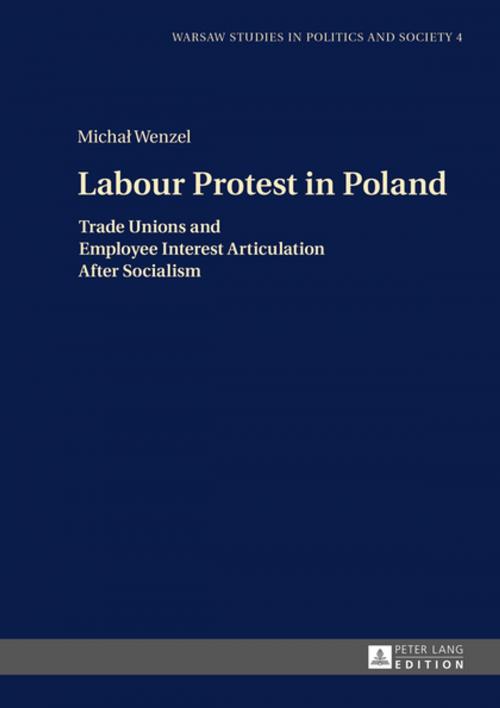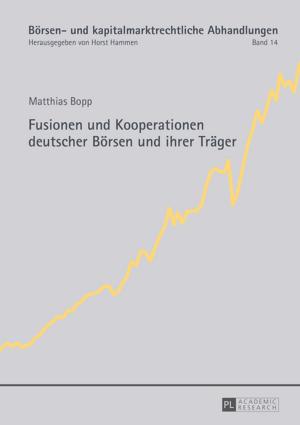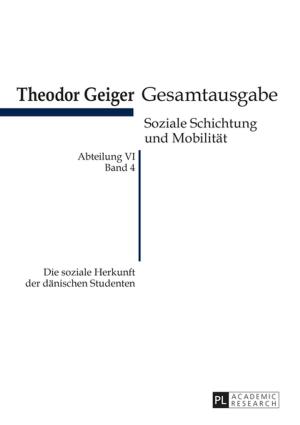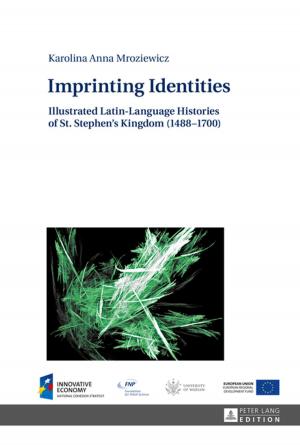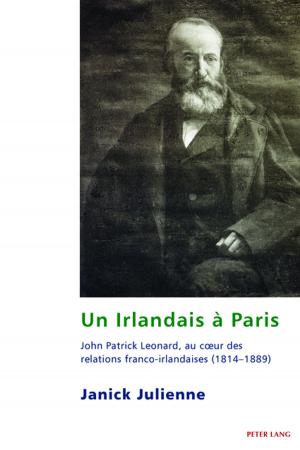Labour Protest in Poland
Trade Unions and Employee Interest Articulation After Socialism
Nonfiction, Social & Cultural Studies, Political Science, Government, Public Affairs & Administration, Social Science, Sociology| Author: | Michal Wenzel | ISBN: | 9783653955613 |
| Publisher: | Peter Lang | Publication: | June 10, 2016 |
| Imprint: | Peter Lang GmbH, Internationaler Verlag der Wissenschaften | Language: | English |
| Author: | Michal Wenzel |
| ISBN: | 9783653955613 |
| Publisher: | Peter Lang |
| Publication: | June 10, 2016 |
| Imprint: | Peter Lang GmbH, Internationaler Verlag der Wissenschaften |
| Language: | English |
This book is an account of protests organized by trade unions from the late socialism to the 21st century. It uses protest event analysis and mass surveys to examine the impact of trade unions on institutions before and after systemic change. Social protest in the post-war Poland was primarily a working-class phenomenon. Unionized employees were able to influence transformation processes in many ways: directly in enterprises, politically via their representatives in parties, and indirectly by creating a public opinion sympathetic with their goals. Individual chapters contain theoretical assumptions, an overview of employee protest under state socialism, the dynamics of trade union membership, and a detailed description of trade union protest activities after systemic change. A comparison between protest dynamics in Poland and in Hungary serves as illustration of legacies of negotiated transition on social mobilization.
This book is an account of protests organized by trade unions from the late socialism to the 21st century. It uses protest event analysis and mass surveys to examine the impact of trade unions on institutions before and after systemic change. Social protest in the post-war Poland was primarily a working-class phenomenon. Unionized employees were able to influence transformation processes in many ways: directly in enterprises, politically via their representatives in parties, and indirectly by creating a public opinion sympathetic with their goals. Individual chapters contain theoretical assumptions, an overview of employee protest under state socialism, the dynamics of trade union membership, and a detailed description of trade union protest activities after systemic change. A comparison between protest dynamics in Poland and in Hungary serves as illustration of legacies of negotiated transition on social mobilization.
